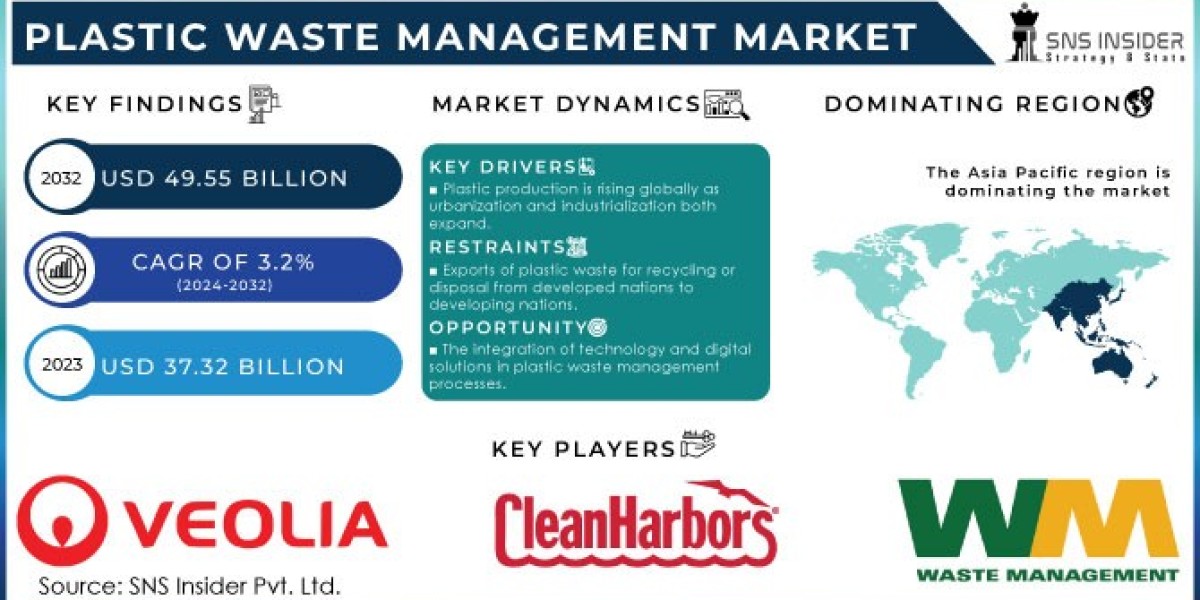Nonprofit organizations are driven by a passion for creating positive change, tackling societal issues, and supporting communities in need. This mission-driven focus attracts individuals who are passionate and committed to making a difference. However, running a nonprofit is no small feat—it requires the same level of professionalism as any for-profit business, especially when it comes to managing human resources.
Balancing passion with professionalism in nonprofit human resources is essential to ensure the organization thrives while staying true to its mission. In this blog, we’ll discuss the unique HR challenges nonprofits face and strategies to strike the perfect balance between heartfelt dedication and professional efficiency.
Why Human Resources Matters in Nonprofits
At the core of every successful nonprofit is a team of people—paid staff, volunteers, and board members—working toward a shared mission. Managing this diverse workforce effectively is critical to achieving organizational goals.
Human resources in nonprofits extends beyond hiring employees. It involves creating a supportive workplace culture, ensuring compliance with labor laws, managing volunteers, and addressing employee well-being. Proper HR practices ensure nonprofits can attract and retain talent, maintain legal compliance, and foster a positive work environment.
Unique HR Challenges in Nonprofits
Nonprofits operate in a landscape different from that of for-profit businesses. Here are some of the key challenges they face:
1. Limited Budgets
Nonprofits often have constrained financial resources, which can limit their ability to offer competitive salaries, benefits, and training opportunities.
2. High Turnover Rates
The nonprofit sector frequently experiences high turnover due to burnout, workload pressures, and lower pay scales compared to for-profit jobs.
3. Managing Volunteers
Volunteers play a vital role in nonprofits but managing them requires a different approach than managing employees. Ensuring they feel valued and motivated is crucial.
4. Balancing Mission with Operational Needs
While the mission is the nonprofit’s priority, the organization must still function efficiently. HR professionals often juggle these competing demands.
5. Compliance and Legal Complexities
Nonprofits must adhere to labor laws, tax regulations, and other compliance standards, which can be challenging without a dedicated HR team.
Strategies for Balancing Passion with Professionalism
Nonprofits can overcome these challenges by adopting thoughtful and strategic HR practices. Here are some tips:
1. Foster a Mission-Driven Culture
Employees and volunteers are drawn to nonprofits because of their passion for the cause. HR can play a vital role in fostering a mission-driven workplace culture where everyone feels connected to the organization’s purpose.
Highlight the mission in recruitment and onboarding processes.
Celebrate milestones and successes that align with the nonprofit's goals.
Encourage open communication and feedback to ensure everyone feels heard and valued.
2. Offer Non-Monetary Benefits
While nonprofits may not always be able to offer competitive salaries, they can attract and retain talent by providing non-monetary benefits:
Flexible work schedules.
Opportunities for professional development.
A supportive and inclusive work environment.
These benefits can enhance employee satisfaction and reduce turnover.
3. Invest in Volunteer Management
Volunteers are a critical part of nonprofit operations. HR should treat volunteers with the same level of care as paid staff:
Provide clear role descriptions and expectations.
Offer training and orientation programs.
Recognize and appreciate volunteers’ contributions regularly.
A robust volunteer management system can help build loyalty and ensure consistent support for the nonprofit.
4. Prioritize Employee Well-Being
Burnout is a common issue in nonprofits, where employees and volunteers often go above and beyond for the mission. HR can take proactive steps to address this:
Promote work-life balance through policies that limit overtime and encourage time off.
Offer mental health resources, such as counseling or stress management workshops.
Create a culture where seeking help and setting boundaries is normalized.
5. Embrace Technology
HR technology can help nonprofits streamline processes and focus more on strategic tasks. Tools for payroll, performance management, and volunteer tracking can save time and ensure accuracy.
For example, using an online portal for volunteer sign-ups and scheduling can simplify management and improve communication.
6. Stay Compliant
Compliance is non-negotiable for nonprofits. HR should stay up-to-date with labor laws, tax regulations, and nonprofit-specific legal requirements. Partnering with an HR consultant or outsourcing certain HR functions can ensure compliance while freeing up internal resources.
Real-Life Example of Balancing Passion and Professionalism
Let’s consider a nonprofit focused on environmental conservation. This organization relies on a mix of full-time staff and volunteers to conduct research, organize clean-up events, and spread awareness.
To balance passion with professionalism:
HR developed a structured volunteer program, including training sessions and appreciation events, to keep volunteers engaged and motivated.
Staff members were offered flexible schedules, allowing them to manage fieldwork and administrative tasks without burnout.
The organization implemented HR software to manage payroll and compliance, ensuring smooth operations despite limited resources.
The result? A cohesive, motivated team working effectively toward a shared mission.
The Bottom Line
Human resources in nonprofits is more than an administrative function—it’s the backbone that supports the organization’s mission. Balancing passion with professionalism allows nonprofits to attract and retain talent, maintain compliance, and foster a culture where employees and volunteers thrive.
By investing in effective HR practices, nonprofits can ensure their people are empowered to focus on what truly matters: making a difference in the world.
If your nonprofit is struggling with HR challenges, now is the time to reassess and implement strategies that align passion with operational excellence. After all, a mission-driven organization runs best when supported by professional HR practices.










